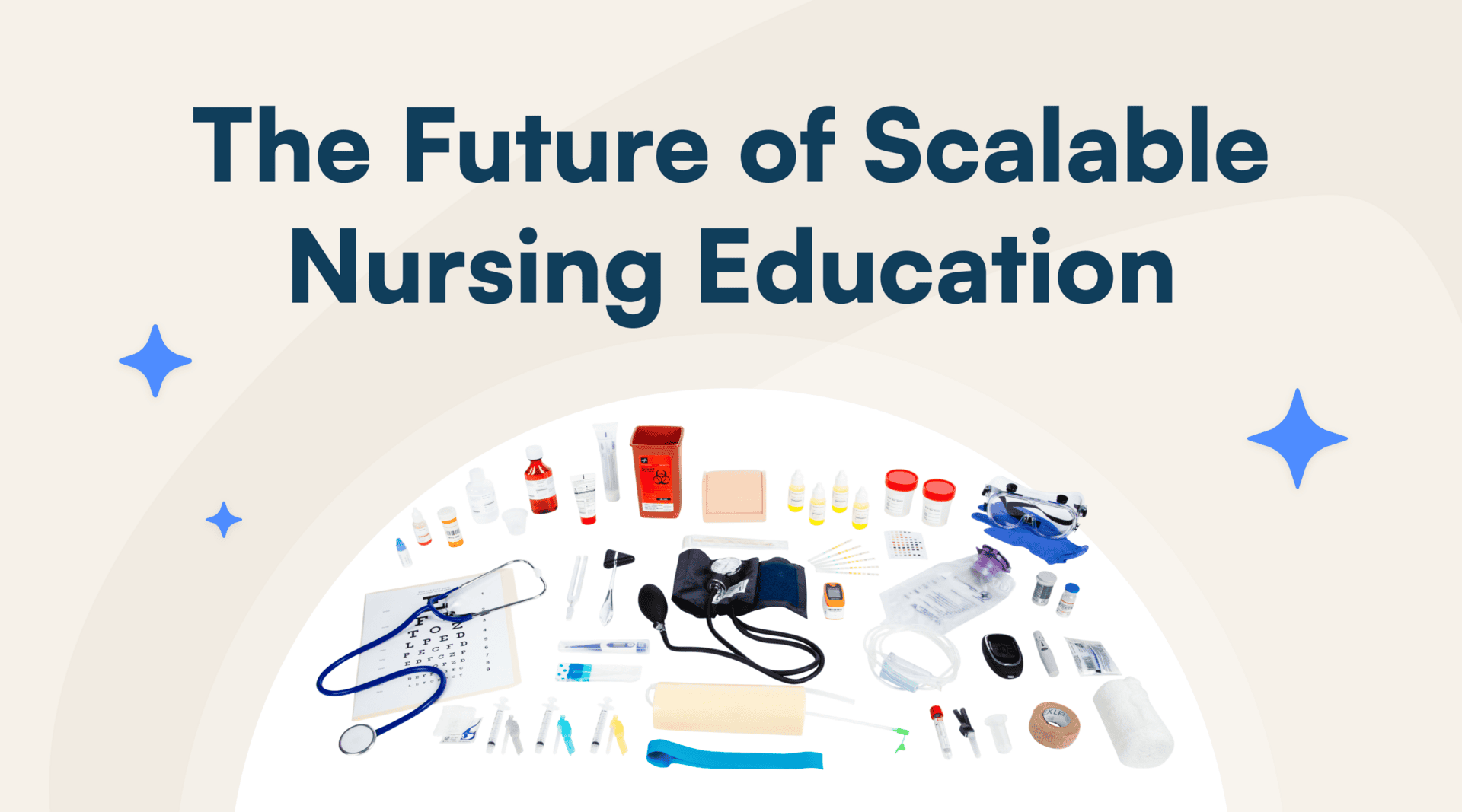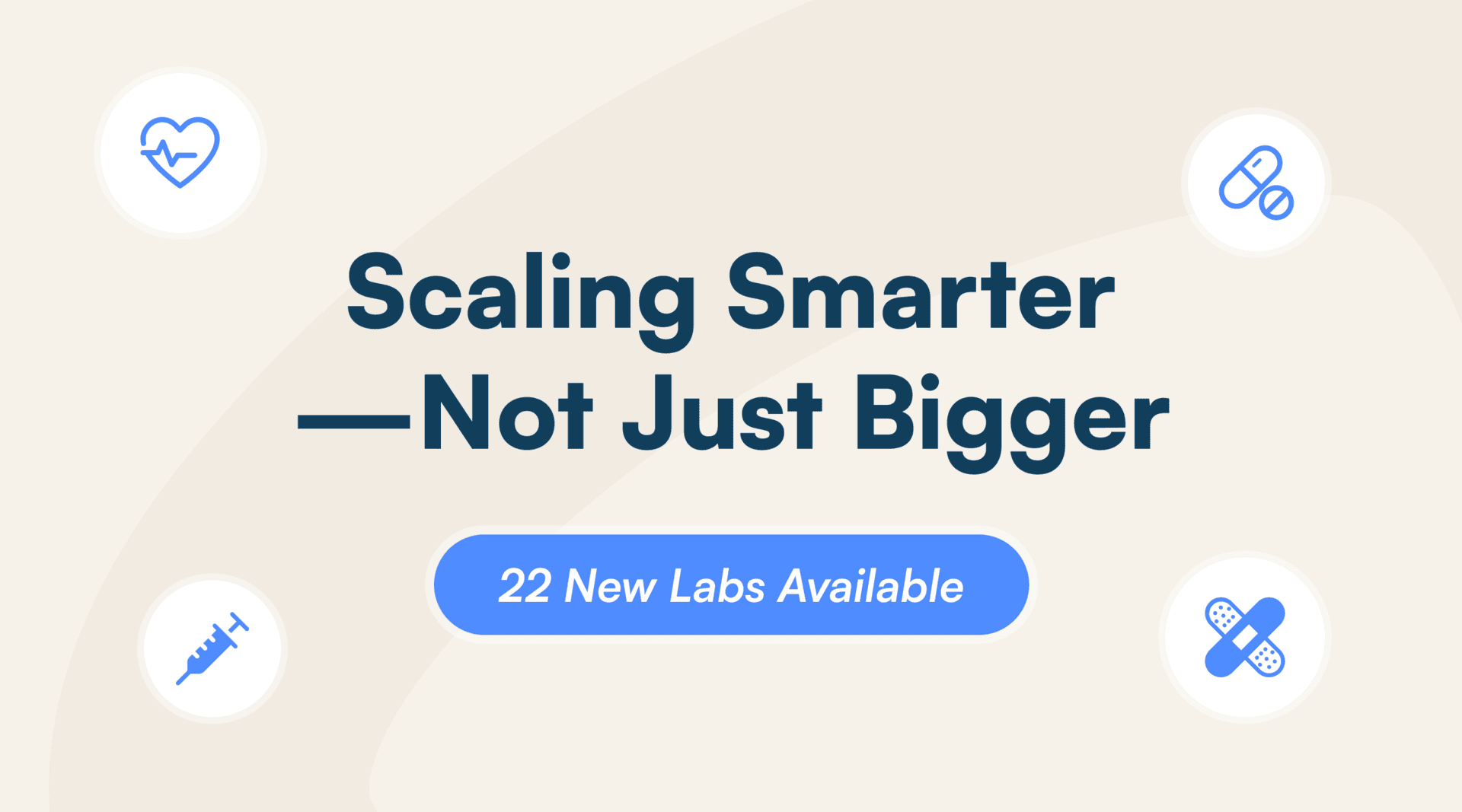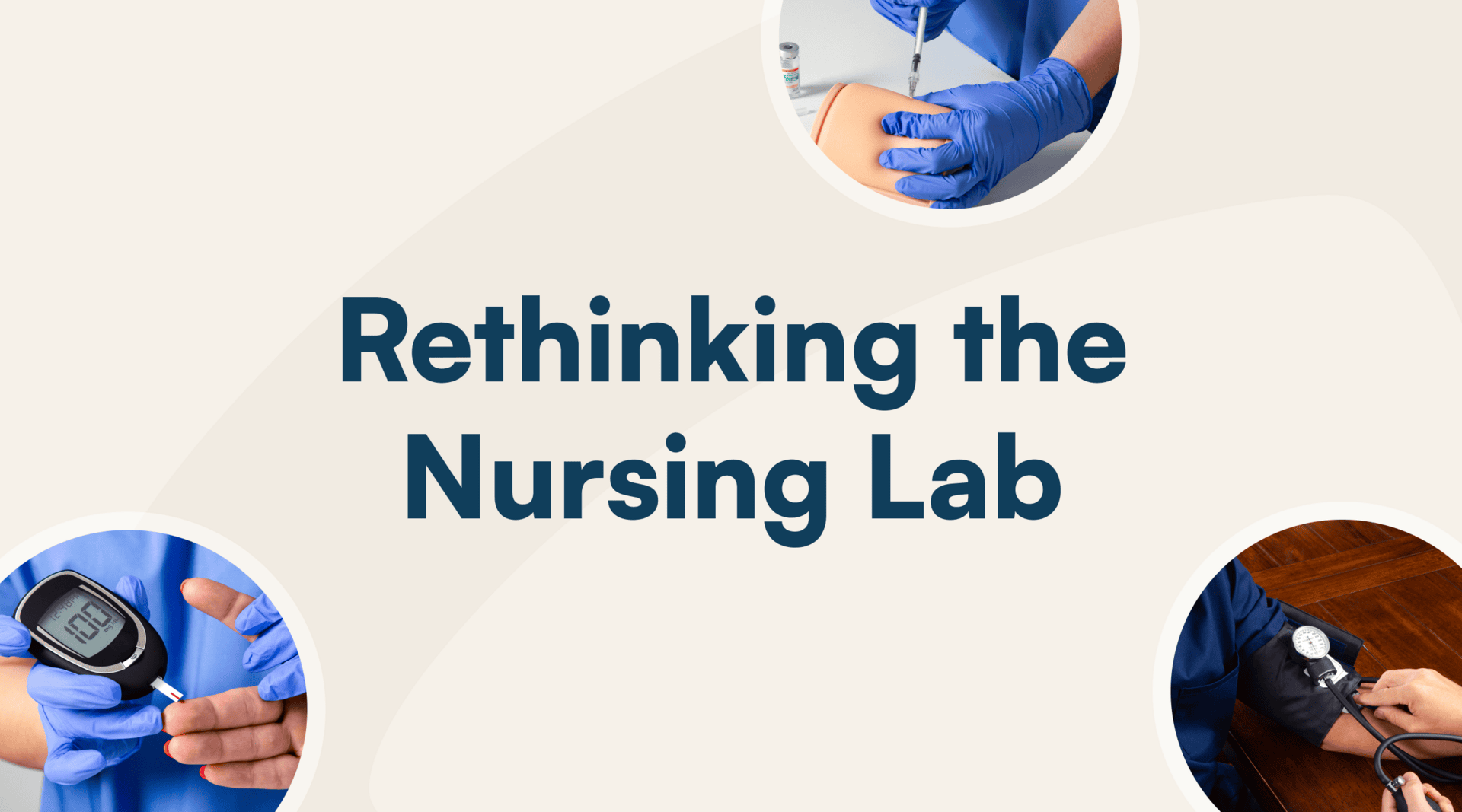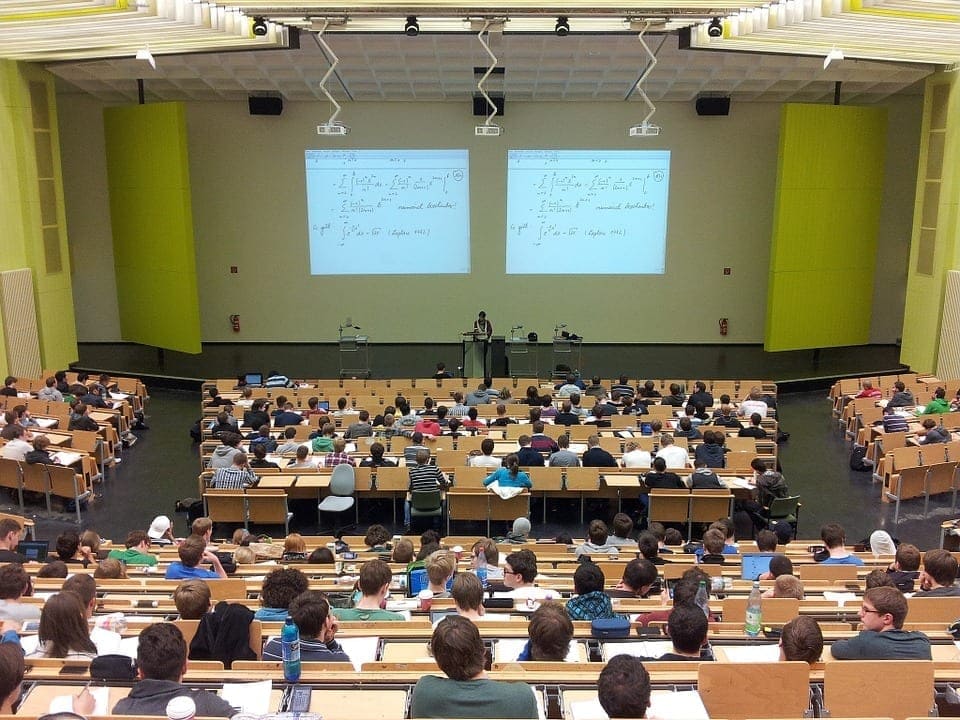Distance and online education is growing. In the Fall of 2016, there were over 6 million students taking at least one online course. Clayton Christensen, a business professor at Harvard University, believes that as many as half of American universities will close in the next two decades due to competition from online and distance education. Outside of the classroom, more and more college students are avoiding academic advising in a face-to-face setting. As there is a greater push for distance education, it raises the question of whether or not these kinds of classes are as effective as a traditional college setting.
Since distance and online education are relatively new topics, or at least new to mainstream popularity, there isn’t an enormous amount of research on this topic. However, there are a few early studies, which suggest online education is as effective, if not more, than a traditional education.
A recent survey conducted by the Learning House asked 1,500 students who engaged in online education their thoughts on their experiences. From this survey, 86 percent of the respondents thought that the degree they received was equal or greater in value than the tuition they paid. So from a student perspective, it has a good return on investment! Furthermore, 85 percent of the respondents thought that their online education was as good as or better than a traditional setting. Looking at this, students clearly value online education.
However, just because students perceivably like online more traditional, it does not mean it is necessarily a better education. Luckily, there are a few studies which can clue us in on this, as well. A study done in 2004 at the University of Connecticut found that students taking food safety courses in a distance setting did as well as students in the traditional setting. This was determined by looking at performance from students in both groups, while also looking at factors like time spent studying, language barriers, etc. Furthermore, research done by professors at MIT, Harvard, and China’s Tsinghua University, found that students taking massive open online courses (MOOC) learn just as much as students in a traditional setting, regardless of their prior knowledge of the material.
So far the signs look pretty good for the effectiveness of online classes. However, Teachnology brings up a fair point when considering the effectiveness of online education. Education is a give-and-take experience. Many students will get out of it what they put in. This is true in a traditional format, as well as a distance format. A lazy student in a traditional setting may not do much better in an online or distance setting. However, there are also many different learning styles depending on the person. For some, a traditional education may be better for their learning need, while for others online education is an obvious choice.
Discover more articles

Science Interactive Launches New Nursing Fundamentals

What Clinical-Ready Actually Looks Like (And How to Get There Sooner)


